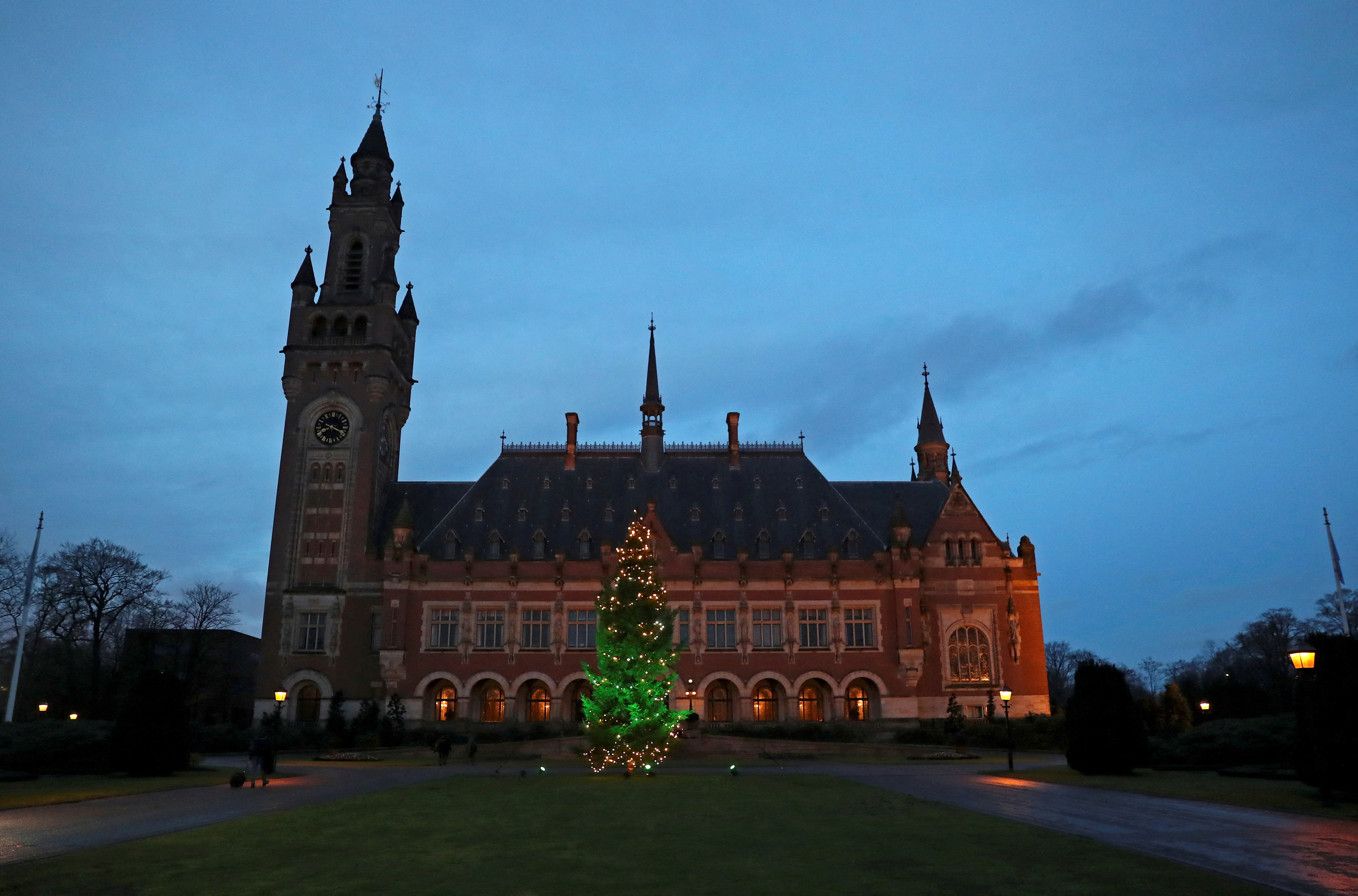In a partial victory for Iran, judges at the International Court of Justice (ICE) on Thursday ruled Washington had illegally allowed courts to freeze assets of some Iranian companies and ordered the United States to pay compensation, the amount of which will be determined later.
However, in a blow for Tehran, the World Court said it did not have jurisdiction over $1.75 billion in frozen assets from Iran’s central bank.
Acting Legal Adviser Rich Visek of the U.S. State Department said in a written statement that the ruling rejected the “vast majority of Iran’s case,” notably where it concerned the assets of the central bank.
“This is a major victory for the United States and victims of Iran’s state-sponsored terrorism,” Visek added.
In a reaction shared by Iran’s foreign ministry on its Telegram channel it hailed the decision as “highlighting the legitimacy” of its positions and “expressing the wrongful behavior of the United States”.
The ruling comes amid heightened tensions between the United States and Iran after tit-for-tat strikes between Iran-backed forces and U.S. personnel in Syria last week.
Relations have been strained after attempts to revive a 2015 nuclear deal between Iran and major world powers stalled, and as Iranian drones are being used by Russia against Ukraine.
The case before the ICE, also known as the World Court, was initially brought by Tehran against Washington in 2016 for allegedly breaching a 1955 friendship treaty by allowing U.S. courts to freeze assets of Iranian companies. The money was to be given in compensation to victims of terrorist attacks.
The Islamic Republic denies supporting international terrorism.
The 1950s friendship treaty was signed long before Iran’s 1979 Islamic Revolution, which toppled the U.S.-backed shah, and the subsequent severing of U.S.-Iranian relations.
Washington finally withdrew from the treaty in 2018. Nonetheless, the ICE ruled that it was in place at the time of the freezing of the assets of Iranian commercial companies and entities.
“The court has concluded the United States violated its obligations under (…) the treaty of amity,” presiding judge Krill Georgian said. He added that Iran was entitled to compensation and the parties had 24 months to agree on a figure and if that did not work, the court would start new proceedings to determine the amount to be paid.
The judges also explained the court had no jurisdiction over the $1.75 billion in assets from Iran’s central bank held by the U.S. because that bank was not a commercial enterprise, and thus not protected by the treaty.
The rulings of the ICE, the United Nations’ top court, are binding, but it has no means of enforcing them. The United States and Iran are among a handful of countries to have disregarded its decisions in the past.







Click here to change your cookie preferences